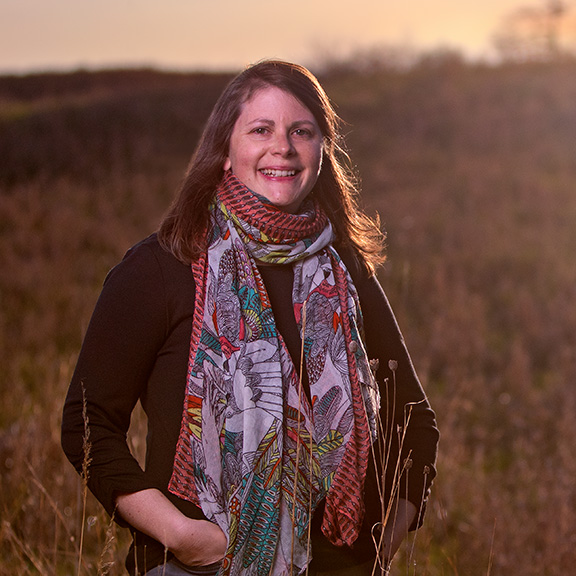About Me
My most recent professional adventure is starting a doctoral program at Michigan State University’s Curriculum, Instruction and Teacher Education (CITE) program. I’m proud and humbled to be part of the 2020 cohort, an amazing, inspiring group of scholars who were bold enough to take this career step in the midst of a global pandemic.
I’m broadly interested in sustained learning communities and communities of practice for educators. I work within science education in formal and informal contexts on projects that bring together scientists, informal educators and formal teachers who serve diverse student populations. Throughout these projects, I’m curious about using nearby nature exploration and community-focused science as opportunities for student and teacher engagement. I’m also curious to look at larger STEM ecosystems – the network of possibility for STEM learning throughout a community, unpacking how formal/informal partnerships form and how families, students and teachers participate.
To get here my path has been covered in wood chips, dirt, grass, soil, pavement and wooden boardwalks. These ground covers are when passes under the feet of an informal, outdoor and science educator in SW Michigan. It all started with a neon green flyer in a binder of summer job opportunities in the Hope College Biology Department office. I had the privilege to spend three summers in Michigan State Parks exploring dunes, woods and lakes with campers of all ages. Next, I joined the staff at the Kellogg Nature Center and spent my days, nights and weekends providing family programs, maintaining trails, native gardens, exhibits and caring for birds of prey, bugs on display and an overweight pony named Lacy. Along the way I had wonderful mentors that shared the miracle of spring wildflowers, the impressive mating displays of American Woodcock, the latin of plants and the art of interpretation.
At the W.K. Kellogg Bird Sanctuary with a small but mighty staff we worked to overhaul the care of all captive birds, extend trails and access to the grounds for visitors, invest in native gardens and develop programming per community interests. We also worked hard to find ways to connect with the scientists at the W.K. Kellogg Biological Station (KBS) and resources across Michigan State University – often feeling like the Whos alerting Horton to our presence, shouting “We are here! We are here! We are here!” The opportunity to share the science of KBS with K-12 students and teachers brought me to work on outreach and science education across KBS. I’m honored to coordinate the KBS K-12 Partnership, Research Experiences for Teachers and Teaching Science Outdoors programs. Working alongside K-12 classroom teachers in this work has been a delight and led me toward my current doctoral studies. I am thankful to the friendships, mentorships and partnerships that guide my work and never cease to inspire.
Speaker Bio
Kara L. Haas is an educator and researcher. Currently she is a doctoral student in Curriculum, Instruction and Science Education at Michigan State University. She is the K-12 Partnership Coordinator for the W.K. Kellogg Biological Station’s Long-term Ecological Research program, an NSF-funded broader impact program, which brings K-12 teachers and scientists together to improve environmental literacy. Kara’s experiences as an outdoor and environmental educator in Michigan State Parks, the Kalamazoo Nature Center and the Kellogg Bird Sanctuary drive her to support teachers in accessing the outdoors for learning. Kara has a B.S. in Biology from Hope College and Master’s in the Practice of Teaching: Early Childhood Education from Western Michigan University. Kara enjoys spending time outside with family, friends, plants and birds.
